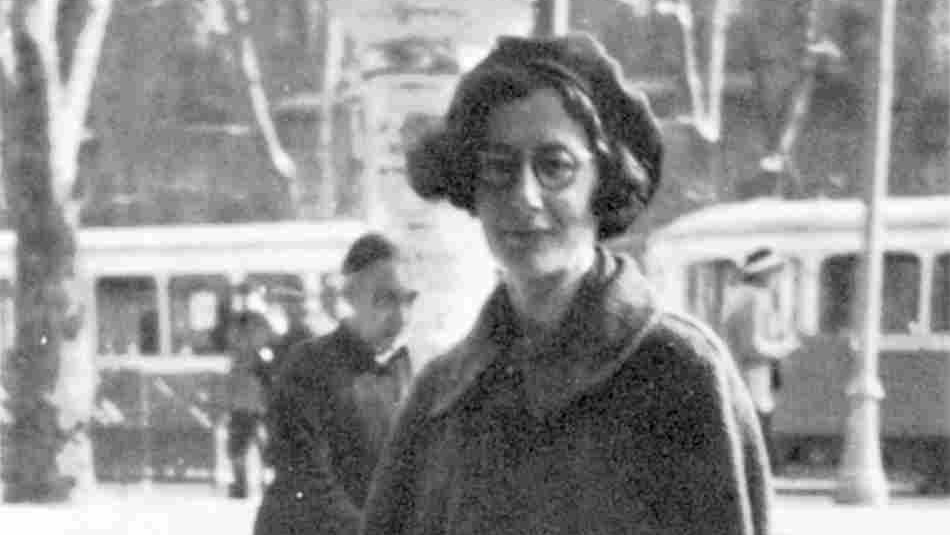Simone Weil (pictured), the French philosopher and mystic, was born today in 1909. One of the great thinkers of the 20th century, as well as being a political activist, she was converted by a series of ecstatic experiences to something like Catholicism.
‘Every time I think of the crucifixion of Christ, I commit the sin of envy.’ Simone Weil
Today in 1959 Martin Luther King flew to India to meet the followers of Mahatma Gandhi, who was the great inspiration behind his own non-violent protest. Arriving in New Delhi, he told reporters, ‘To other countries I may go as a tourist, but to India I come as a pilgrim.’
Today is St Blaise’s Day, the patron saint of wool combers. He saved the life of a boy who swallowed a fish bone, and so two candles held to the neck in his name cures all known throat diseases. But always read the small print.
Today is also St Margaret’s Day. Having burst unexpectedly from the belly of a dragon who had recently swallowed her whole, she is the patron saint of pregnant women. An early Pope declared Margaret to be fictional, but her story was so good that people simply carried on praying to her.
Photo: Wikimedia Commons
